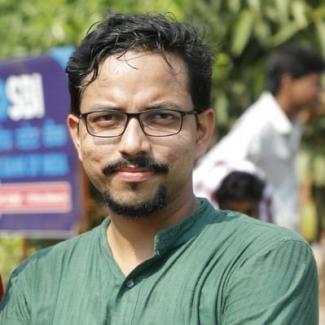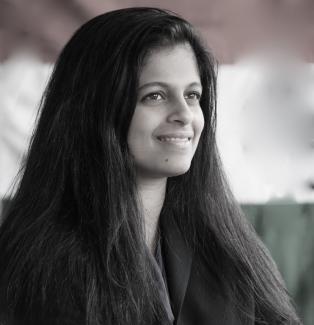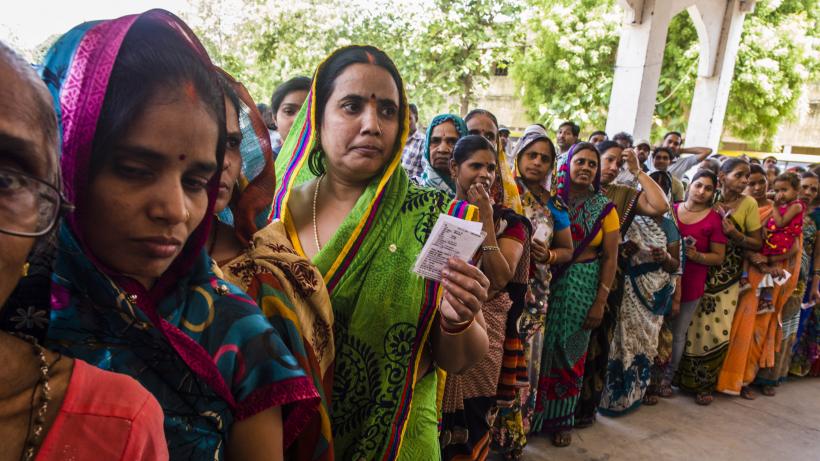She Wins - Electing women in ethnically divided societies: The case of Bihar
Prior research on gender and politics in India focuses on efforts to increase the number of women holding office. Few researchers, however, have addressed why, in ethnically diverse democracies like India, some women candidates are successful while others are not. Existing research does little to differentiate women candidates by constituency characteristics, much less by campaign strategies.
India’s constitution reserves a minimum of 33% of seats in Panchayati Raj Institutions (PRIs) and as Sarpanches (Head of Local Village Council) for women, and Bihar is among nine states in India which have opted for a more robust 50%. Nevertheless, quotas, for all their benefits, do not ensure a level playing field for women candidates, even at the local level. Without understanding when and how women ultimately win electoral offices in India, evidence on gender and political representation will remain limited.
Ethnic violence, especially caste and communal violence, is endemic in many parts of Bihar, but in varying degree across the districts. It thus represents an interesting space to investigate how gender, caste, and security intersect in the local democratic process. In this context, the research project aims to answer the following questions:
- How does local caste and communal violence affect the electoral prospects of women candidates? Does gender impact the effectiveness of campaigning on providing security versus distributing public goods?
- How do the caste and religious backgrounds of women candidates impact their success in seeking local office? Are OBC, Dalit, or Muslim women more or less likely than their male counterparts to win local offices?
The researchers will collect primary data through large scale survey experiments and semi-structured interviews with voters. The increased presence of elected women is critical to improving government responsiveness on gender issues and to ensuring robust welfare measures for women and children. This project aims to identify several key factors that may impact women’s political success, which in turn, can be used to promote inclusive gains in local socio-economic conditions as well as improved gender parity.







